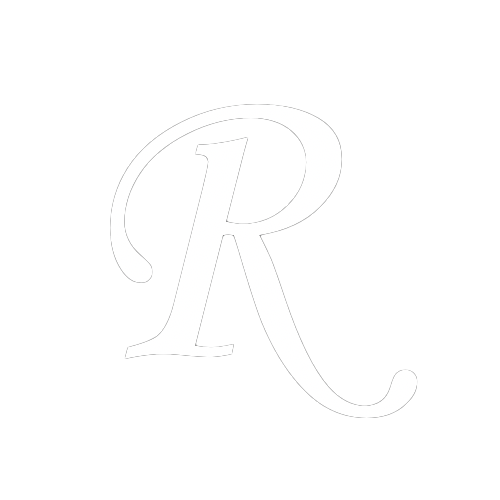
Why You Shoudn’t Ask for Tips
Tipping culture has become annoying. I knew it was out of hand when I went through a drive through and was handed the credit card machine to swipe my own card and then prompted for a tip.
From coffee shops to self-checkout kiosks, it seems like everyone is asking for a little extra. While tipping is deeply ingrained in food service—where employees rely on gratuities to supplement low wages—entrepreneurs should operate under a different set of rules.
Asking for tips after providing a service is a no go, and here’s why:
1. You Set Your Own Rates
As a self-employed service provider, you have full control over what you charge. If you feel your pricing doesn’t reflect the value of your work, it’s up to you to adjust your rates—not to rely on clients to make up the difference with a tip.
2. It comes across as Unprofessional
No one likes awkward moments at checkout when being asked for more. Ultimately, it will leave clients with a bad impression. Asking for a tip—especially on a high-ticket service—can feel unpolished and uncomfortable for the client. It gives the impression you’re trying to squeeze out extra cash. A polished business should provide a seamless, straightforward experience.
If you really want to be considered luxury, consider doing away with tipping altogether. One of the key differences between basic and luxury brands is very simple: luxury brands are focused on the client’s experience not profit.
3. Clients Want to Know What to Expect
Clear and upfront pricing is a fundamental part of good business. Customers appreciate knowing exactly what they’ll pay before committing to a service. When a tip request pops up unexpectedly, it can create frustration and make the client feel pressured and put on the spot.
Furthermore, make sure if asked what your rates are you aren’t saying things like ‘it’s based on budget’ ‘prices start at $75+’ Stop doing that. It’s a simple question that needs a simple answer. You don’t have to publish your rates online, but at least have a pricing list easily available that is what you are actually charging and what they will be paying. Very, very simple.
4. It Undermines Professionalism and Trust
Imagine hiring a photographer, web designer, or consultant, only to be prompted for a tip after the service. It changes the dynamic from a professional transaction to something that feels tacky. Confidence in your pricing builds trust with clients, while unclear expectations can create doubt.
A Note on Tipping Culture
Over the past few years, tipping has expanded to nearly every industry, often making customers feel pressured to pay more. Many people are frustrated by tip prompts at businesses where tipping wasn’t traditionally expected. By keeping your rates transparent and not asking for tips, you stand out as a professional who values clarity and fairness.
As a service provider, you’re offering not only your services but an experience. Make sure that experience leaves your clients wanting more.
The Bottom Line
As someone who has been self employed for nearly a decade, I understand what it means to not only provide a list of services but also price those services an operate a business. It can be complicated and every dollar matters. By being organized, understanding in house finances, and determining what you need to charge according to industry standards and experience, you can greatly impact your business in a big way.
Focus more on client experience rather than profit. Every transaction should be personal. Every transaction creates an experience.
If you’re a self-employed service provider, don’t ask for tips—just charge what you need to. Set clear pricing, communicate, and ensure that your clients feel comfortable.








Leave a Reply